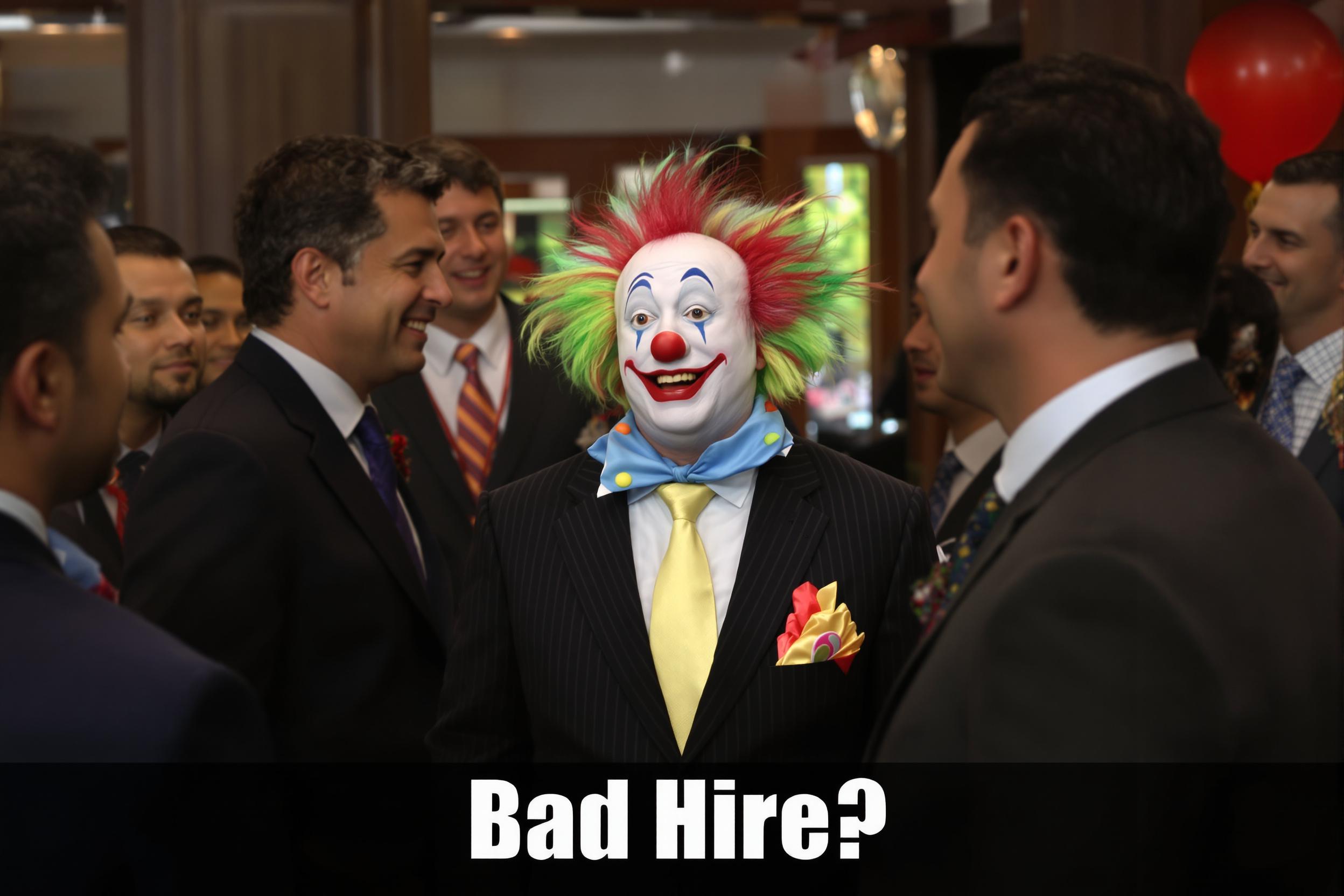
House Management
House Management is a key role in theater and ballet productions that focuses on managing all aspects of the audience experience at performances. Think of it as being like a hotel manager, but for a theater or performance venue. House Managers ensure everything runs smoothly before, during, and after shows - from coordinating ushers and managing seating to handling audience concerns and emergency situations. This role is essential in making sure audiences have the best possible experience while maintaining safety and decorum in the performance space.
Examples in Resumes
Supervised front-of-house operations as House Management lead for major ballet productions
Coordinated House Manager duties for 200+ annual performances
Led Front of House Management team of 30 volunteer ushers for seasonal productions
Typical job title: "House Managers"
Also try searching for:
Where to Find House Managers
Professional Organizations
Job Boards
Professional Networks
Example Interview Questions
Senior Level Questions
Q: How would you handle a situation where multiple patrons have been sold the same seats for a sold-out performance?
Expected Answer: A senior house manager should discuss their crisis management approach, including immediate solutions like finding alternative seating, compensation strategies, and preventing future occurrences through system improvements.
Q: Describe your experience with emergency evacuation procedures and staff training.
Expected Answer: Should demonstrate comprehensive knowledge of safety protocols, experience in creating emergency plans, and success in training large teams of staff and volunteers.
Mid Level Questions
Q: How do you manage and motivate a team of volunteer ushers?
Expected Answer: Should explain volunteer recruitment, training programs, scheduling strategies, and methods for maintaining volunteer enthusiasm and reliability.
Q: What strategies do you use to handle difficult patrons while maintaining professional composure?
Expected Answer: Should discuss conflict resolution techniques, examples of successful problem-solving, and methods for maintaining high service standards under pressure.
Junior Level Questions
Q: What are the key responsibilities of a house manager before, during, and after a performance?
Expected Answer: Should outline basic duties like preparing the venue, supervising ushers, handling seating issues, and post-show procedures.
Q: How would you handle a patron who arrives late to a performance?
Expected Answer: Should demonstrate understanding of late seating policies, customer service skills, and awareness of not disrupting the performance.
Experience Level Indicators
Junior (0-2 years)
- Basic customer service
- Understanding of theatre protocols
- Usher supervision
- Box office coordination
Mid (2-5 years)
- Staff training and scheduling
- Emergency procedure management
- Conflict resolution
- Budget management
Senior (5+ years)
- Strategic planning
- Large team management
- Policy development
- Major event coordination
Red Flags to Watch For
- Poor customer service skills or attitude
- Lack of experience with large groups or crowds
- No understanding of basic theatre or performance protocols
- Inability to handle high-pressure situations
- Poor communication skills




